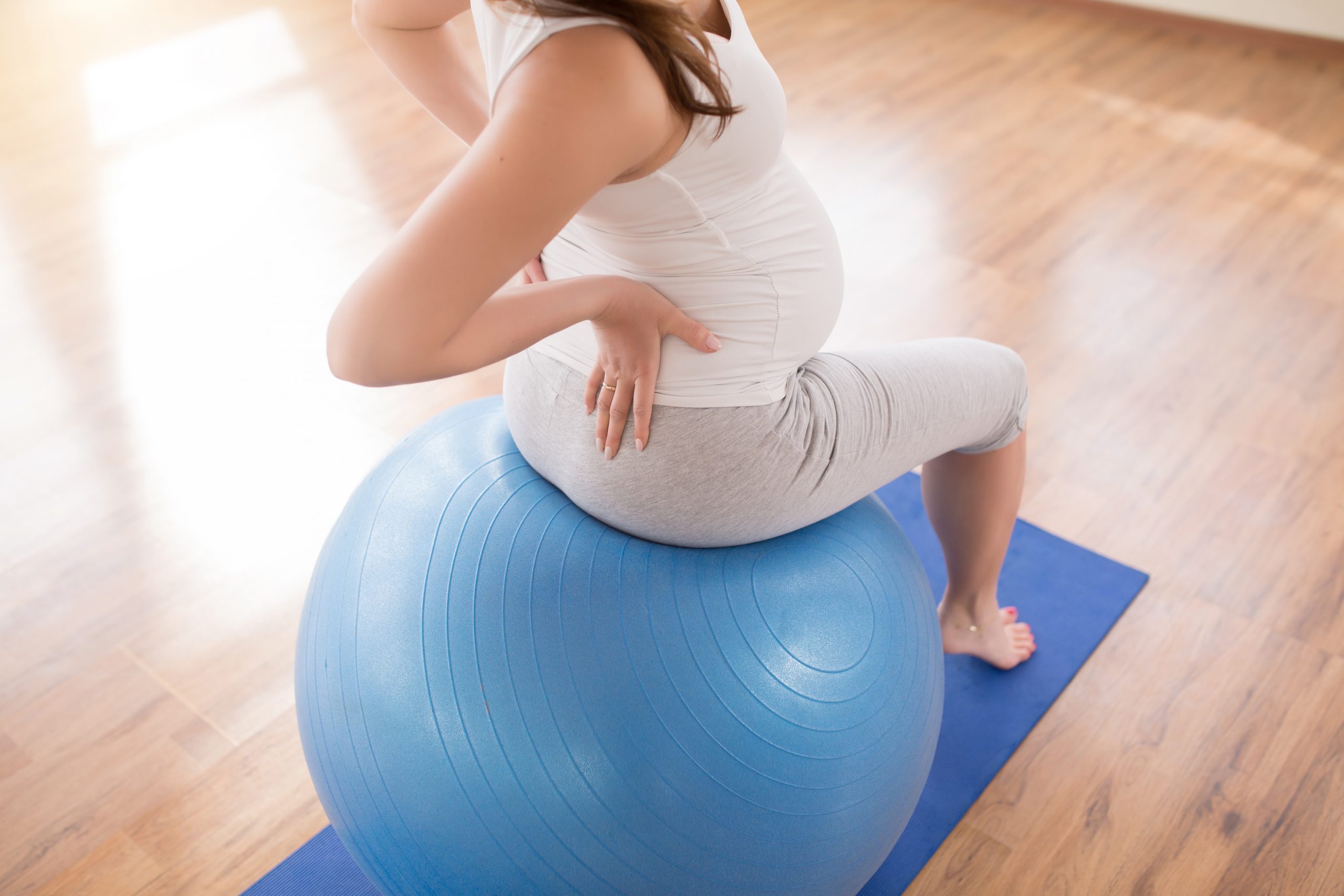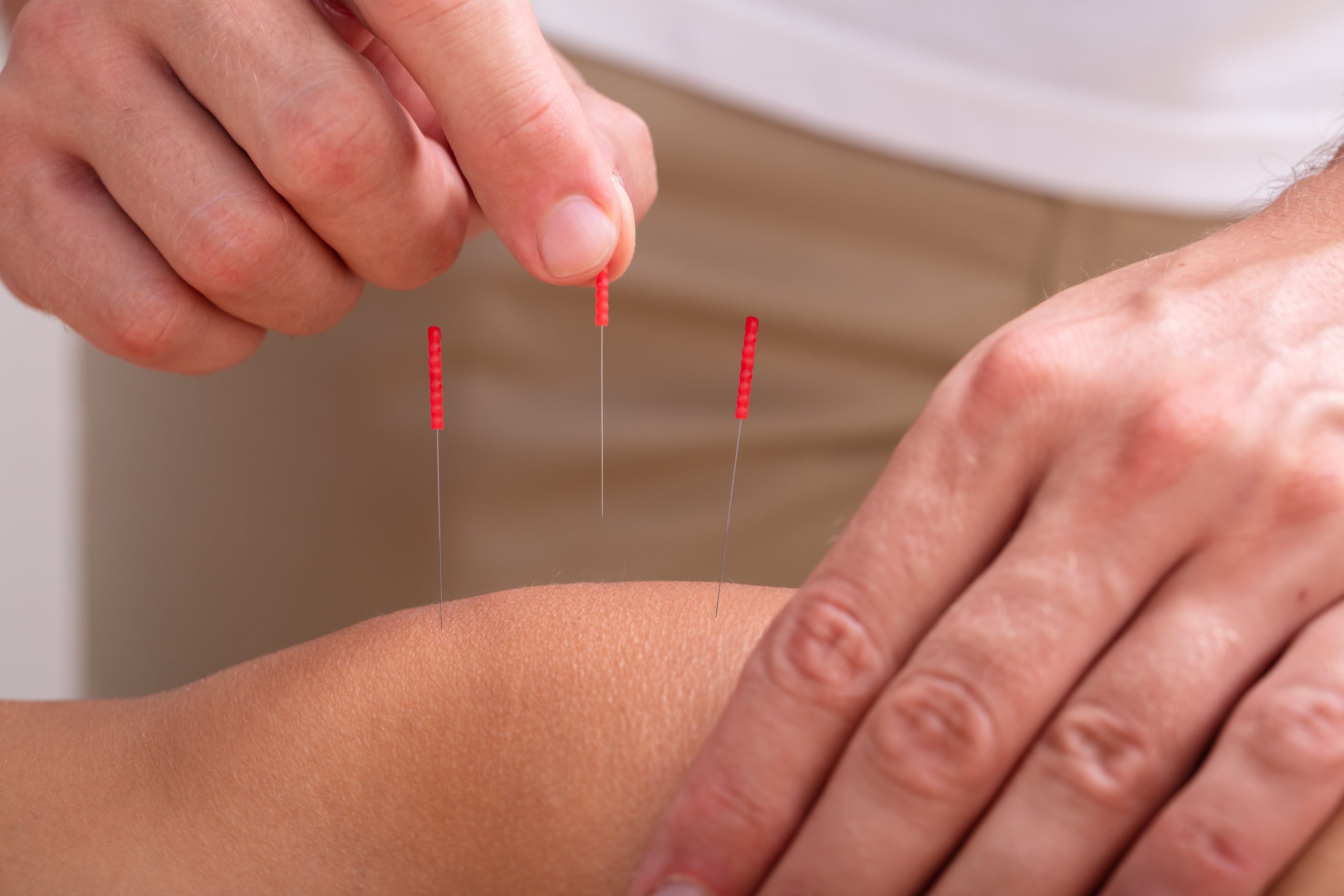Pregnancy is a time of many changes in the body, including changes in the joints. As the body prepares for childbirth, the ligaments in the pelvis and other joints become more flexible, which can lead to joint pain and discomfort. In this article, we’ll explore ways to manage joint pain during pregnancy.
There are several factors that can contribute to joint pain during pregnancy. These include:
Hormonal changes: The hormone relaxin, which helps prepare the body for childbirth, can cause the ligaments in the joints to become more flexible and stretchy, leading to joint pain and discomfort.
Weight gain: As the pregnancy progresses, the added weight can put pressure on the joints, leading to pain and discomfort.
Poor posture: Changes in the body’s center of gravity during pregnancy can lead to poor posture, which can contribute to joint pain.
Stress: The physical and emotional stress of pregnancy can lead to muscle tension and joint pain.
Managing Joint Pain During Pregnancy
There are several ways to manage joint pain during pregnancy. Here are some tips:
Stay active: Regular exercise can help maintain joint flexibility and strength, as well as promote overall health. Low-impact activities such as walking, swimming, or yoga can be helpful.
Practice good posture: Maintaining good posture can help reduce pressure on the joints. Sitting up straight and using a supportive chair can be helpful.
Use heat or cold therapy: Applying heat or cold to the affected joints can help reduce pain and inflammation. A warm bath or a heating pad can be helpful, as can a cold compress or ice pack.
Wear supportive shoes: Wearing supportive shoes with good arch support can help reduce pressure on the joints.
Use a support device: A support device such as a pregnancy belt or a brace can help provide support to the joints and reduce pain.
Practice relaxation techniques: Practicing relaxation techniques such as meditation, deep breathing, or guided imagery can help reduce stress and muscle tension.
Talk to your healthcare provider: If joint pain is severe or interfering with daily activities, it’s important to talk to your healthcare provider. They may recommend physical therapy or other treatments.
In conclusion, joint pain during pregnancy is a common experience for many women. It can be caused by hormonal changes, weight gain, poor posture, and stress. Managing joint pain during pregnancy involves staying active, practicing good posture, using heat or cold therapy, wearing supportive shoes, using a support device, practicing relaxation techniques, and talking to your healthcare provider. With the right strategies, it’s possible to manage joint pain during pregnancy and maintain a healthy, comfortable pregnancy.





